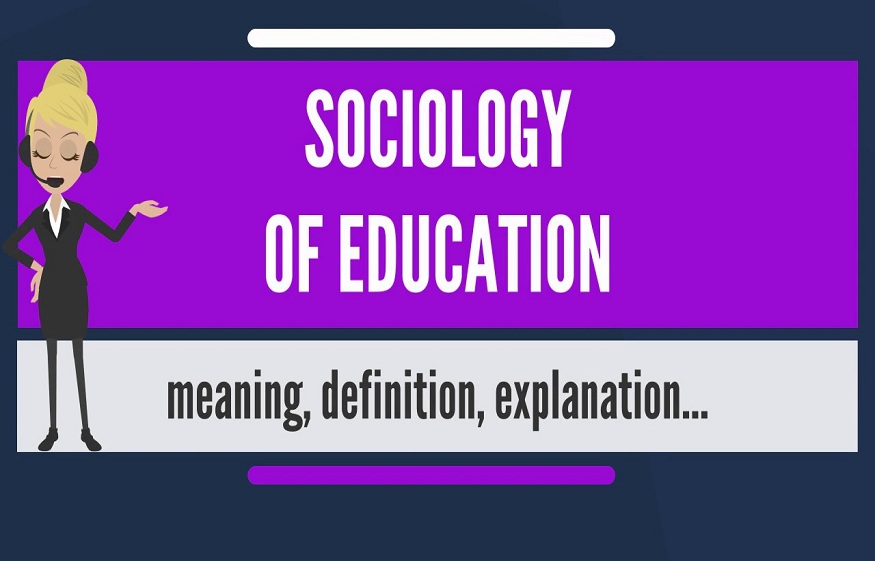Sociology of education and priority education: what influences?

In the introduction to the collective work What is sociology for? , Bernard Lahire (2002) indicates that one of the ways of answering this question is to question the role it plays in history and in social change. Which does not mean, according to him, that sociology does not develop according to its own logic, but that in order to answer such a question, it is necessary to move towards the side of the social reception of its results. Instead of limiting ourselves to the transformations of the problems which are specific, it is necessary to examine the uses made of it by the actors (the political decision-makers in this text), and to take into account the fact that both its degree of influence and the uses which can be very different depending on the socio-historical contexts.
1.Priority education introduced in France the idea of positive discrimination, or affirmative (…)
It is with these reflections in mind that we will examine the influence of the sociology of French education on the implementation of the priority education policy 1. Which will lead us to go back to the 1960s, when it imposed itself as a sub-discipline in its own right. It will however be a question of relativizing its most common representation: that of a sociology with a strong critical tone, which would leave very little room for the possibilities of public action (Van Zanten, 2000). Because today we have testimonies put into historical perspective that show the impact it may have had in debates on democratization (Isambert-Jamati, 1990 and 2005; Masson, 2001; Chapoulie, 2005 and 2006). Unquestionably, it has played a role in the transformations of French society by provoking new questions and a new “shaping” of the question of the school failure of children from working-class backgrounds in a climate nevertheless marked by mistrust between researchers in social sciences and the Ministry of National Education. As we have already indicated (Kherroubi & Rochex, 2002), the July 1981 circular for the creation of priority areas directly takes as its argument the extent of this academic failure and the persistence of social inequalities in academic success, despite the extension of secondary schooling.
2.In this article, however, we will favor the hypothesis that there is a growing gap between this initial problematization and the options that the priority education policy then adopted.
Admittedly, the question of the success and failure of children from working-class backgrounds at school has remained a major subject for the sociology of education, and the official discourses that accompany the priority education policy refer to it regularly. Its specificity in relation to affirmative actionAmerican society, which favors ethnic entry, is to define itself as a social policy, and to take the poorest as a target group (Calvès, 2003: 21). Finally, the reasoning behind it has remained the same for more than twenty-five years. The aim is to fight against social inequalities in success by limiting early school failure. The Ministry even seems to go further, since it has set itself the principle of success for all pupils in priority education and claims the same level of requirements for all pupils of the École de la République (circular of 30 March 2006).
But what does this objective refer to now? What are its links with the process of democratization of the education system? If, formally, the current orientations of the priority education policy fall within the framework of thought and action of 1981, the ambition of this text will be to show a de facto transformation in its aims.
1960s France
To put it briefly, sociological research on education developed considerably during the 1960s by taking hold of the very lively debates aroused by the ministerial desire to generalize secondary education. We will therefore begin by identifying the changes brought about by this research in the way of understanding democratization in access to studies for children from working-class backgrounds at the different levels of post-primary education, and the new frameworks they have drawn to address this issue.
The socio-economic and political context of France in the early 1960s was very particular. Since 1945, France has been catching up economically and becoming a great industrial nation. For the government of the Fifth Republic, training was seen as an essential factor in social modernization. However, France is a highly educated but still poorly educated society. With the Berthoin reform (1959), the Ministry of National Education embarked on a series of changes that would gradually define the current organization of the school curriculum – primary school, then middle school and finally high school – and lead, in around fifteen years, the massification of the first secondary cycle (the single college).





